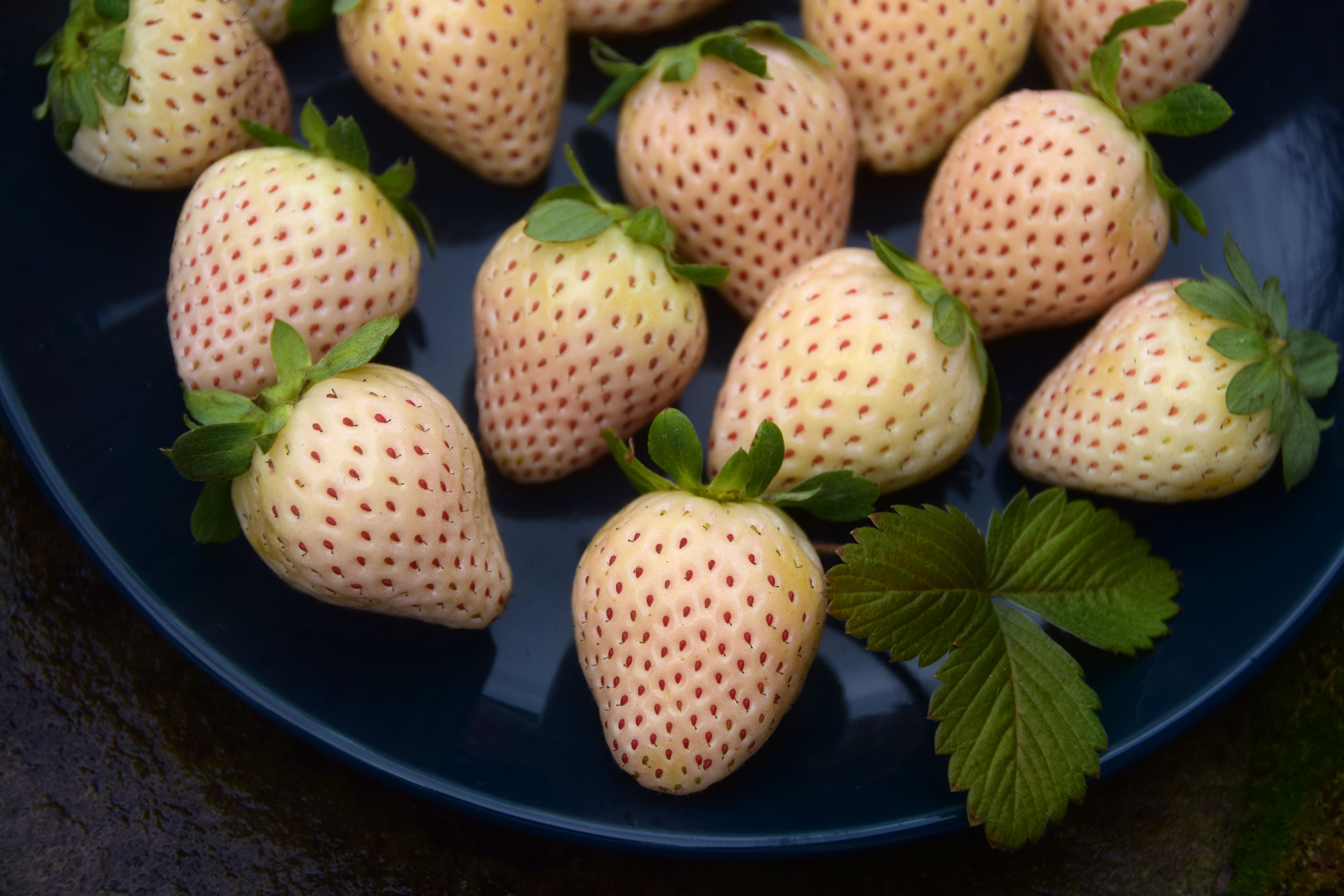Discovering Pineberries: The Unique Strawberry with a Pineapple Twist
The Allure of the Pineberry
In the world of fruits, there's always something new and exciting to discover. One such delightful surprise is the pineberry, a white strawberry with a unique pineapple-like flavor. This fascinating fruit is not only a treat for the taste buds but also a feast for the eyes with its unusual appearance.
Pineberries, with their pale hue and red seeds, are often mistaken for unripe strawberries. However, their taste tells a different story altogether. The moment you bite into a pineberry, you're greeted with a refreshing burst of pineapple-like flavor, making them a perfect addition to various culinary creations.

The Origins of Pineberries
Pineberries are not a modern hybrid but rather a product of nature's ingenuity. They originate from South America and are believed to be one of the earliest forms of strawberries. Despite their ancient roots, they have only recently gained popularity in global markets.
These berries are grown through cross-pollination between two different strawberry species: Fragaria chiloensis and Fragaria virginiana. The result is a fruit that combines the best characteristics of both parent species, creating a unique taste and appearance.
Culinary Uses of Pineberries
Pineberries are versatile and can be used in various recipes. Their distinct flavor profile makes them an excellent choice for both savory and sweet dishes. Here are some ideas for incorporating pineberries into your meals:
- Mix them into fruit salads for a refreshing twist.
- Add them to yogurt or oatmeal for a flavorful breakfast.
- Use them as a topping for desserts like cakes and tarts.
Growing Your Own Pineberries
If you're intrigued by these fascinating fruits, you might be interested in growing your own pineberries. They thrive in similar conditions to regular strawberries and can be cultivated in pots, containers, or garden beds. Here are some tips to get started:
- Choose a sunny location with well-draining soil.
- Plant in early spring after the last frost.
- Water regularly but avoid waterlogging the roots.
Nutritional Benefits
Pineberries are not just delicious; they also offer several nutritional benefits. They are low in calories and high in vitamins A and C, making them an excellent addition to a healthy diet. Moreover, they contain antioxidants that can help protect the body from free radicals.

Incorporating pineberries into your diet can provide various health benefits while satisfying your cravings for something sweet and unique. So next time you're at the market, keep an eye out for these intriguing berries and experience their delightful flavor for yourself.
